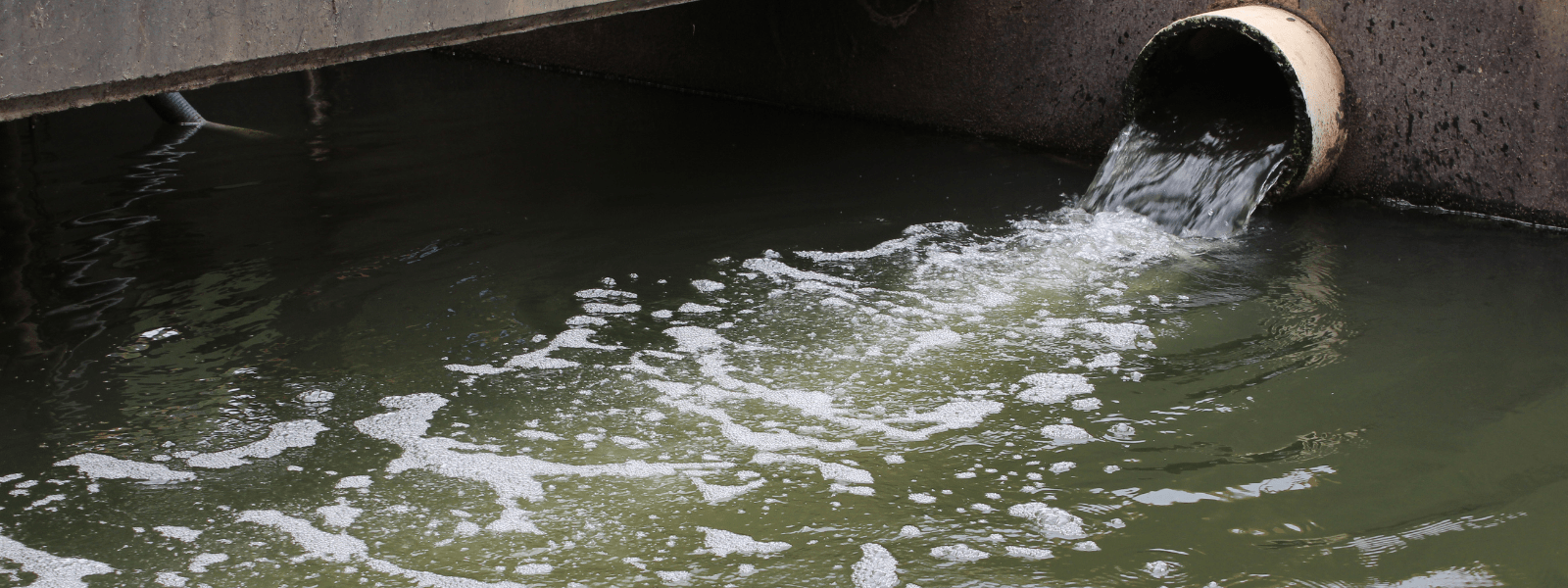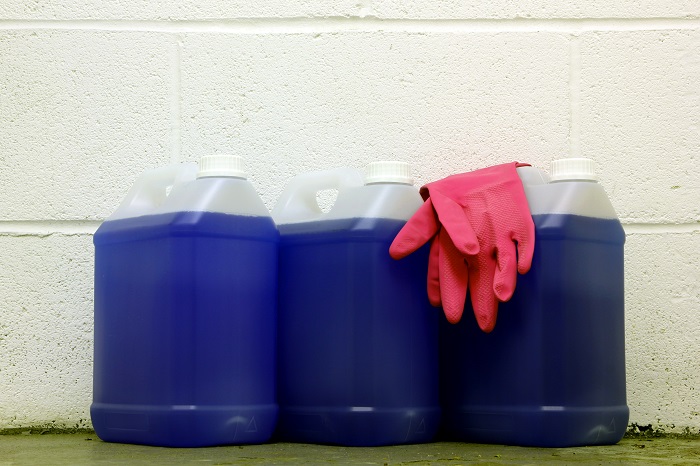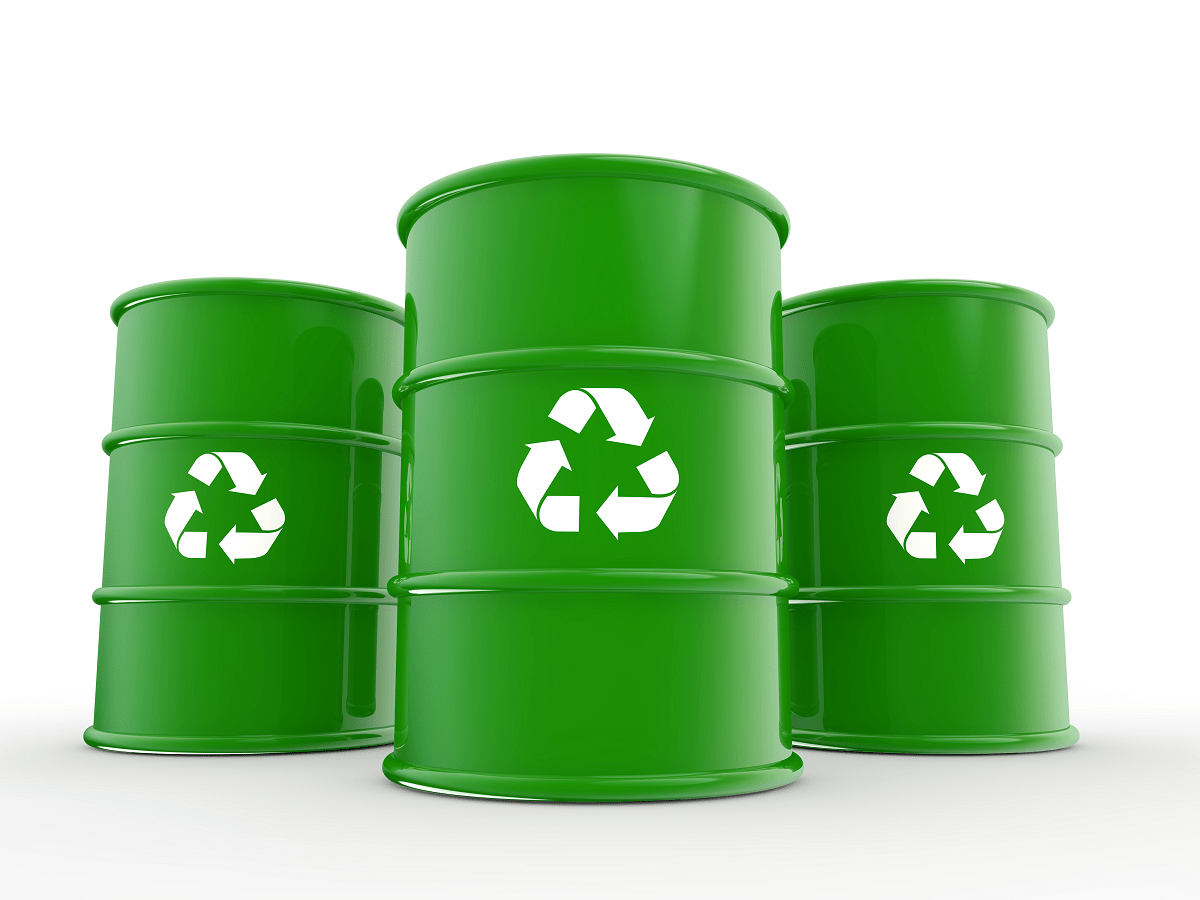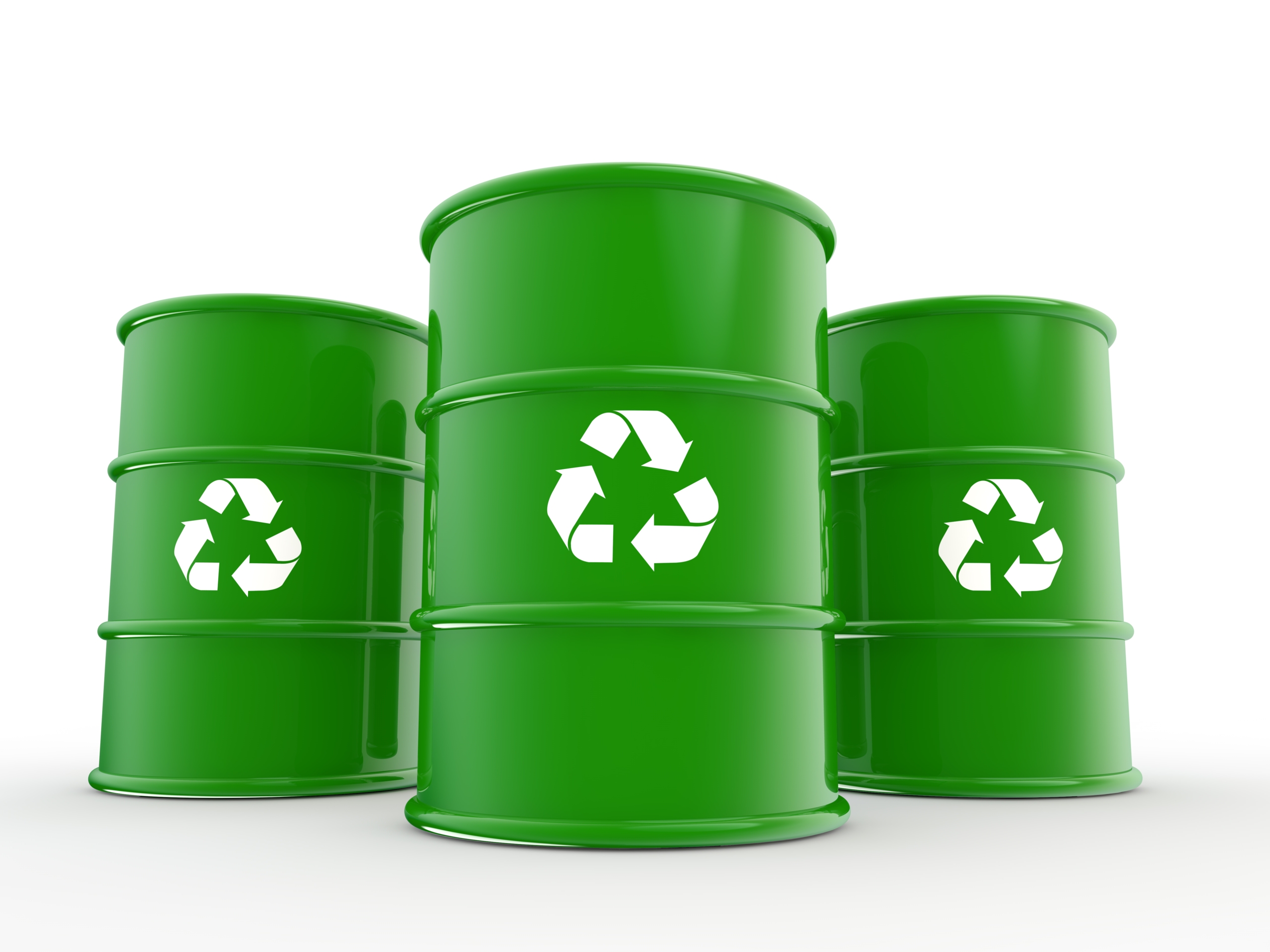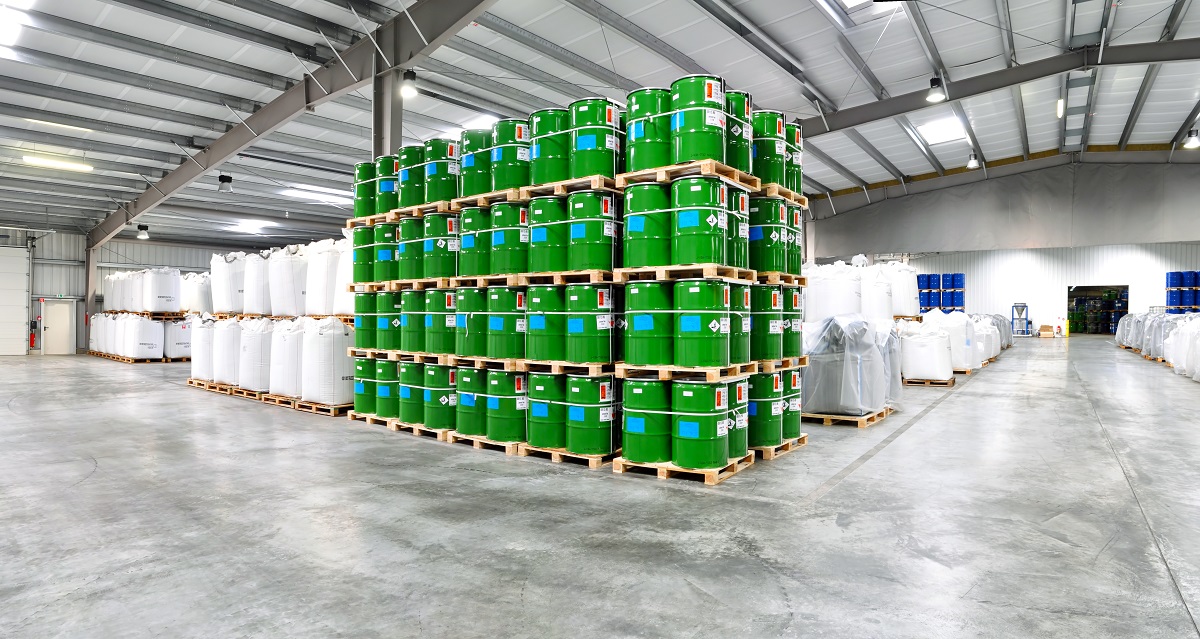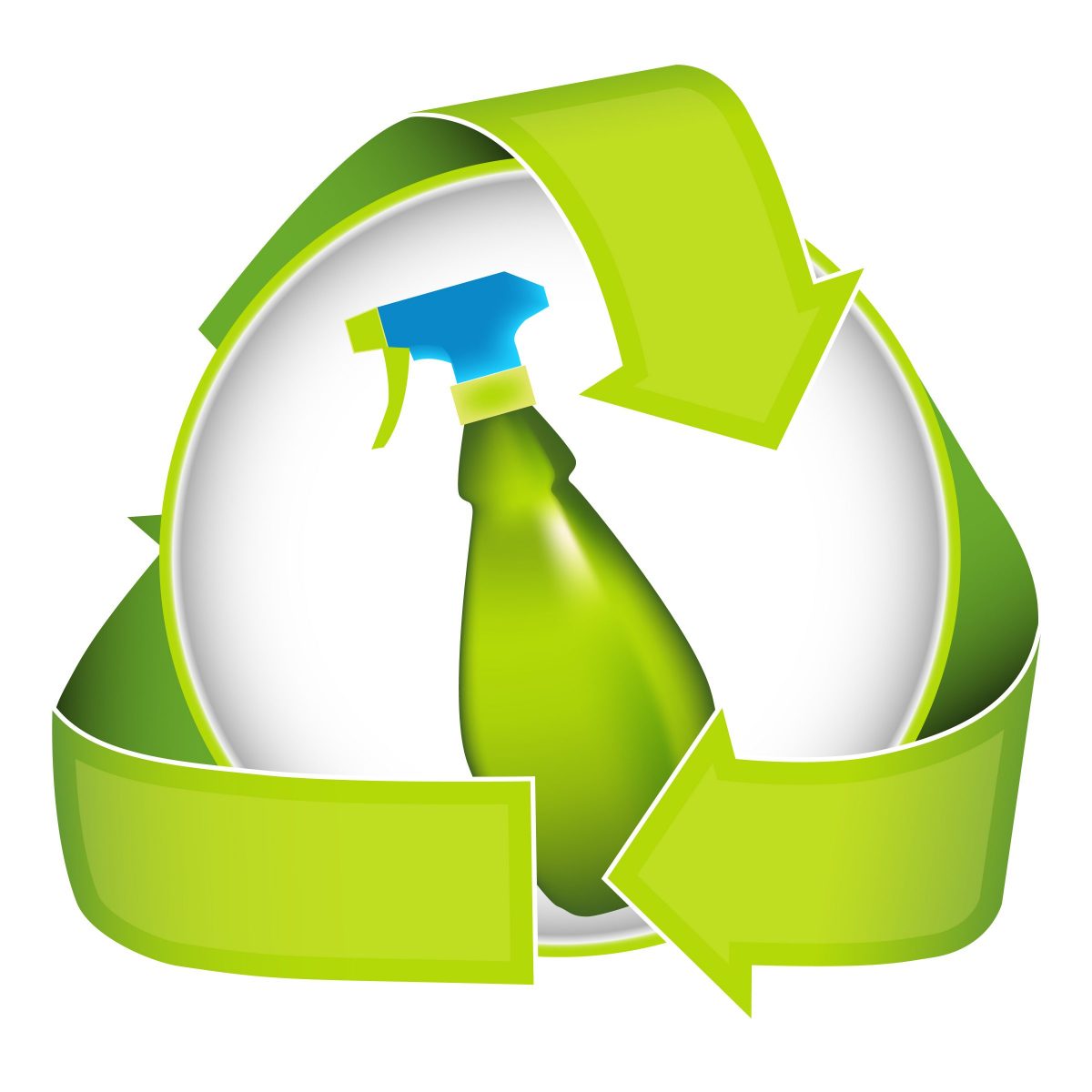Volatile organic compounds, or VOCs, are substances composed of carbon atoms that quickly evaporate. Some of these organic substances you might...
Blog


CHEMICAL INDUSTRY NEWS
Chemical Chat – Discover What’s New!
How to Reduce Fouling in a Heat Exchanger
Heat exchangers allow excess heat to be removed from a system by using large amounts of cool water. However, the water used is commonly taken from a...
Biofouling and Biofilm Treatment Explained
Biofouling is the buildup of organic materials, typically small plants, microorganisms, or algae on submerged mechanical equipment. Biofilm, more...
How to Reduce Fouling in a Cooling Tower
If you’ve ever walked outside on a hot day or exercised hard enough to feel warm, then you are familiar with the...
How to Reduce Fouling in a Heat Exchanger
Heat exchangers allow excess heat to be removed from a system by using large amounts of cool water. However, the water...
Company News
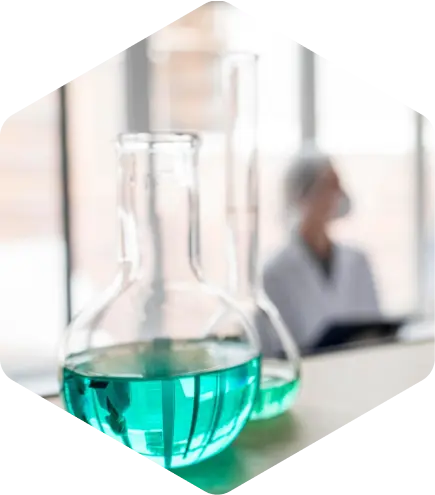
Managed Services
Discover the Latest in Safe and Sustainable Chemical Solutions
Stay informed with Ecolink’s blog! Subscribe now
Chemical Management Information
Stay updated with us
Sign Up for the Latest Updates
Stay informed about chemical supply chain disruptions and emerging innovations to keep your business at the forefront of efficiency and innovation. Uncover new ways to make your business practices more sustainable by incorporating safer products into your cleaning lineup.





